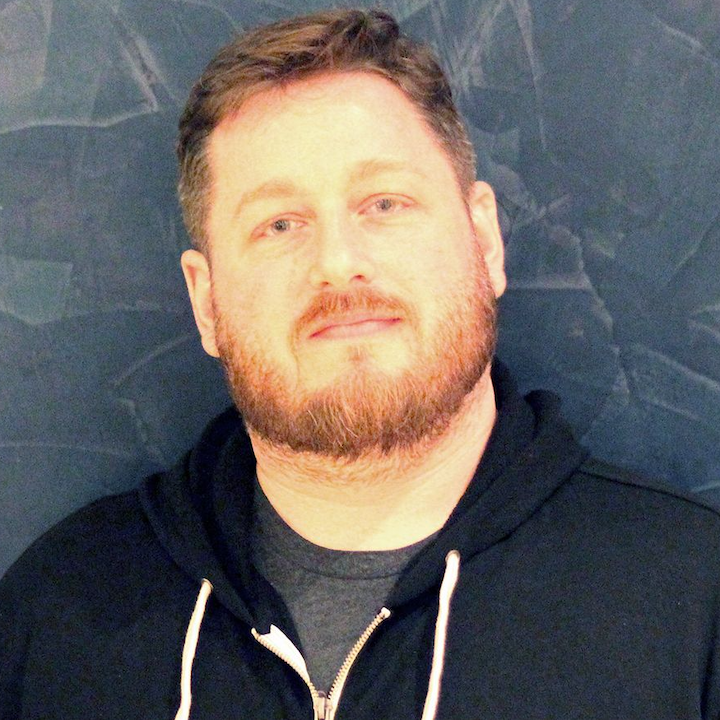Tell us a bit about yourself.
I’m the Head of Developer Education at Vonage. I’ve been working in Developer Relations for 9 years coming from a product management background that saw me working in radio, music and startups. After spending almost 20 years living in London, my wife and I moved to Slovakia at the end of 2018 where we’ve been ever since.
How did you get into Developer Relations?
I can trace my initial developer relations work back to about 2007 when I was advocating for greater third party API usage in the products I was building for the BBC at the time, but it wasn’t until 2009 that the journey really started. Along with a group of like minded folks, we created a music data and API based hackathon called Music Hack Day which ran for years, happening almost monthly in a different city all around the world from Iceland to Sydney.
Around about this time I was working at Universal Music building prototypes of applications and tools we might expand on in future so there was a lot of API consumption and demoing happening. Later, when I started my own development shop my day to day was to conceptualize and showcase apps I was building on behalf of clients, a lot of which were prototype APIs. I would then support developers at events in using these, gather feedback and implement it.
In 2011, I was looking to do something new and a friend who was a Developer Evangelist at Twilio at the time suggested I look to start doing that type of role. Realising that for the first time there was a name for the work I was doing, I joined SendGrid soon after as their first Developer Evangelist outside of the US.
What advice would you give people looking to join you?
Doubling down on the work I was doing outside of my day to day was what got me started initially. The experience of running events and working with developer communities that I gained on my own completely trumped the work experience I had when I got my first official Dev Rel role. So, with that in mind, don’t discount work on open source, community building, teaching, mentoring, or anything else you might be passionate about outside of your main job. You might find that it’s the first step towards being able to roll all of that into a role that lists those experiences as key requirements.
How has your role changed in the past year?
Not that much if I’m honest. I was already working remotely on a team that was 95% remote, and the rest of Vonage that wasn’t working that way has adapted really well to doing so. I was travelling about once per month which hasn’t been possible but that’s the only thing that’s been noticeable on the whole.
How do you see the future of DevRel?
The ability to advocate anywhere will become much more prominent. Companies that were resistant to remote hiring have been forced to learn about how to do it which in turn will open up more opportunities for people outside of certain countries or major metro areas. As for the work itself, virtual events and content production blew up this year and I expect them to be just as prominent next year, if not every year moving forwards. What we’ll hopefully see, especially with virtual events, is a level of organization and production that becomes a new gold standard—this year everyone did their best with what they had because they had to do it, in future I hope that the ‘choice’ of doing a virtual event brings new thinking and design to events that create brilliant engagement for those that attend.
The travel might stop but a lot of the Developer Advocates I know have never been more global. It’s great for the companies they work for, it’s great for their personal brands and most importantly it’s great for the communities.




